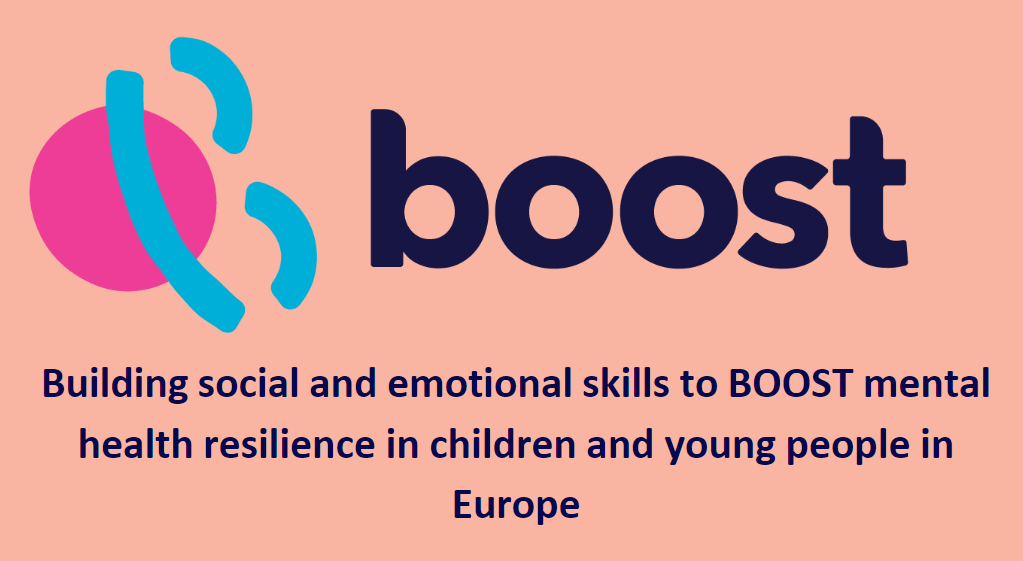The BOOST consortium applauds the European Commission’s initiative to develop and promote a comprehensive EU-wide approach to mental health and agrees integrating mental health into relevant EU policies is needed to maximize efforts to address this complex issue.
Through its feedback submission, BOOST intends to remind the European Commission and the Expert Group on Public Health of the opportunities opportunities for reinforcing mental health and wellbeing through education and other policies affecting children and young people. Previous research has shown social and emotional (SEL) skills are key to promoting mental health and wellbeing in children and young people. They usually spend a large amount of time in schools, so why not use that time to provide them with tools and good growing environments which promote mental health resilience? It would be a win-win scenario.
In specific reference to the EU’s key competencies for lifelong learning, authored by the DG for Education, Youth, Sport and Culture, BOOST found that these key competences are not sufficiently prioritized in all countries’ education systems. Schools and school staff often have no choice but to prioritize what skills to focus on and in that equation scholastic skills such as reading, writing, and mathematics are often deemed more important than social and emotional soft skills. By reinforcing personal, social, and learning to learn skills in policies from the national level all the way down to the schools, these skills might be equated with scholastic skills. Although they are more difficult to measure than simple scholastic skills, soft skills should not be neglected due to time constraints of school staff.
Research from the BOOST project shows that it is important to take on a whole-school approach, involving all school staff (not just pedagogical staff). All staff need to see each child, so that they have at least one person they feel safe with and who can serve as role model. This requires changing the current organizational model of schools, which is the main finding from the BOOST project. If soft skills are not prioritized, and teachers not supported in helping all children and themselves in schools, they are unlikely to adopt a new way of working.
That said, it is important to highlight that while digital tools can undoubtedly play an important role in fulfilling EU priorities, BOOST is skeptical of digital tools being the starting point for solving health and social care challenges. We know from research that many health issues, including mental health problems, require a broader approach, including political, organizational, and cultural perspectives, something which has been confirmed in the BOOST project. SEL skills cannot be taught primarily through digital technology but require first and foremost physical presence in interactions.


